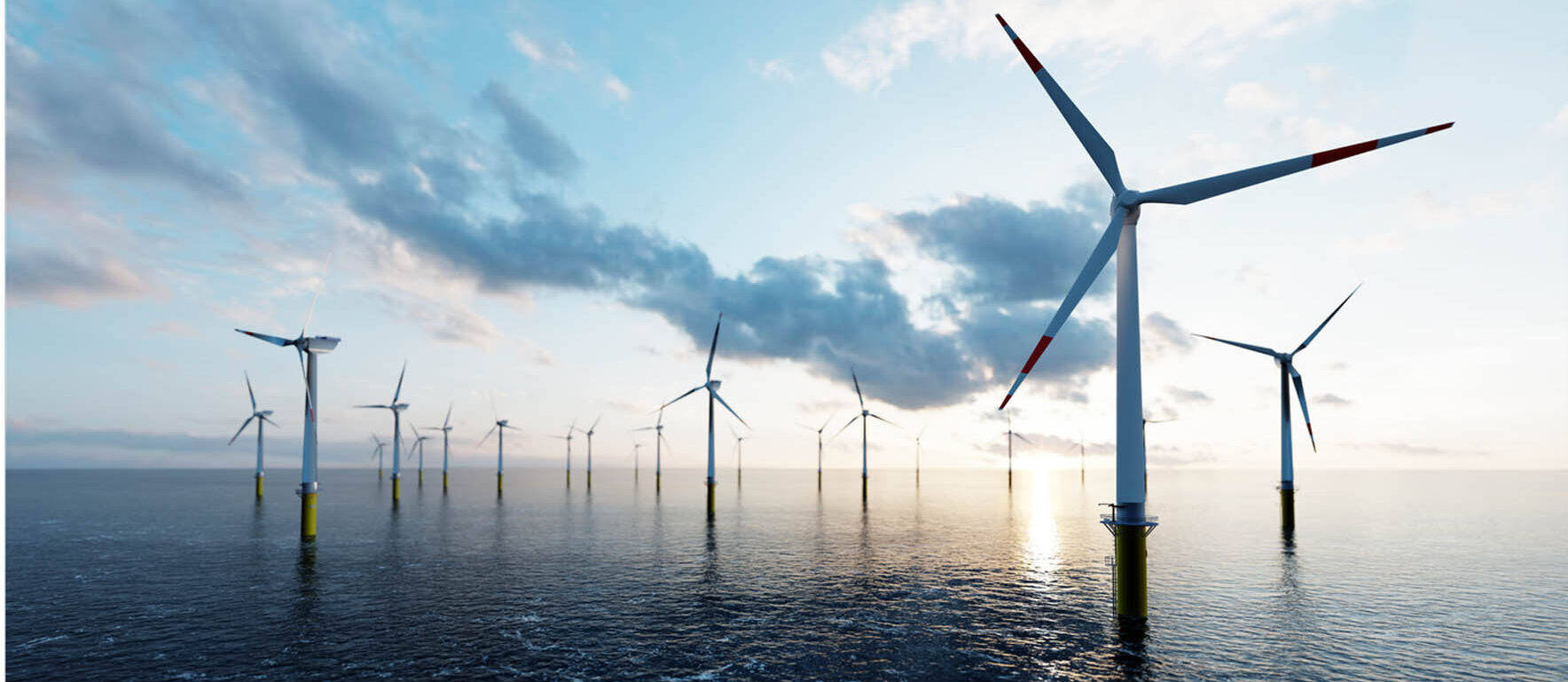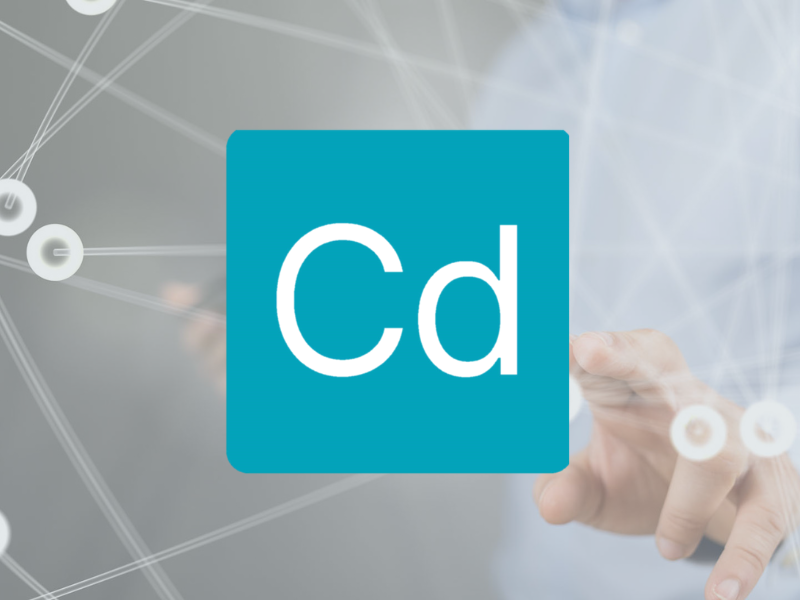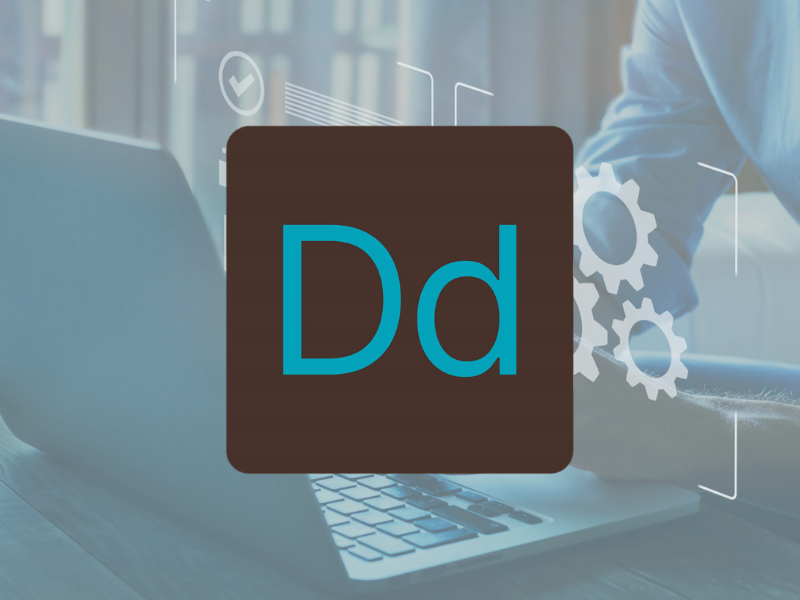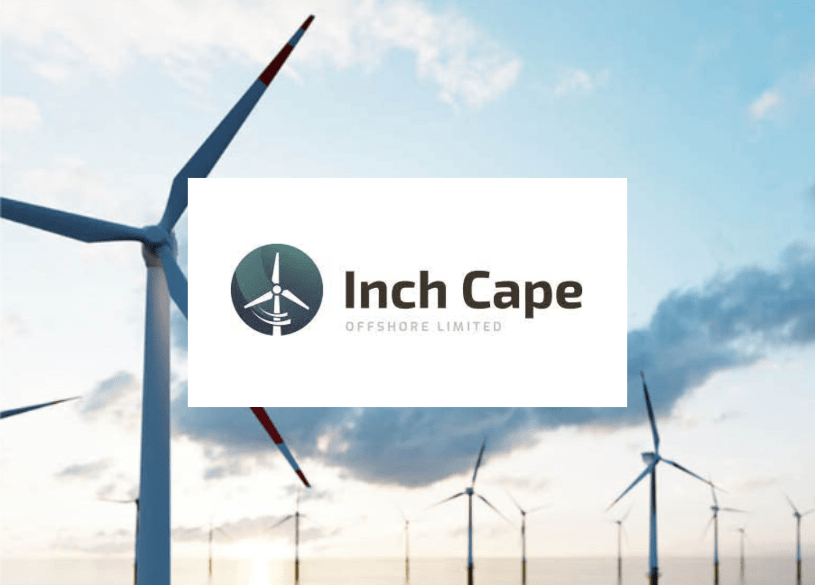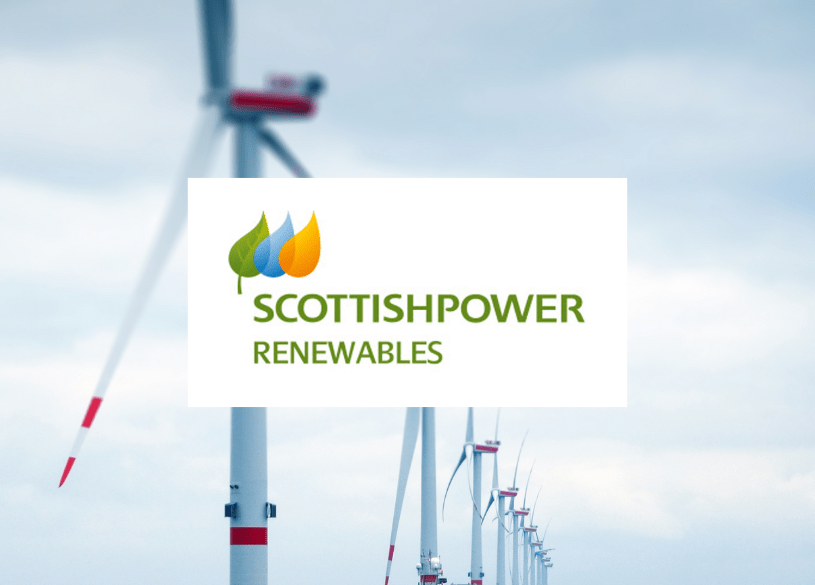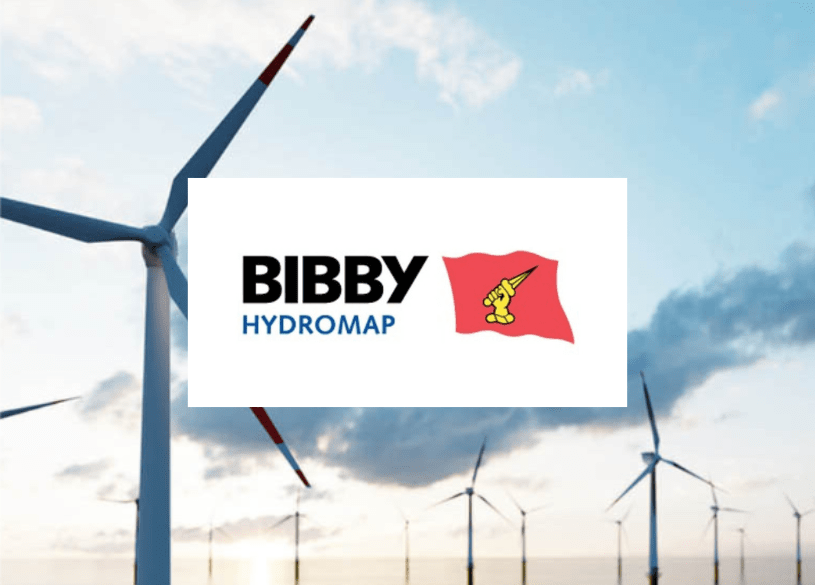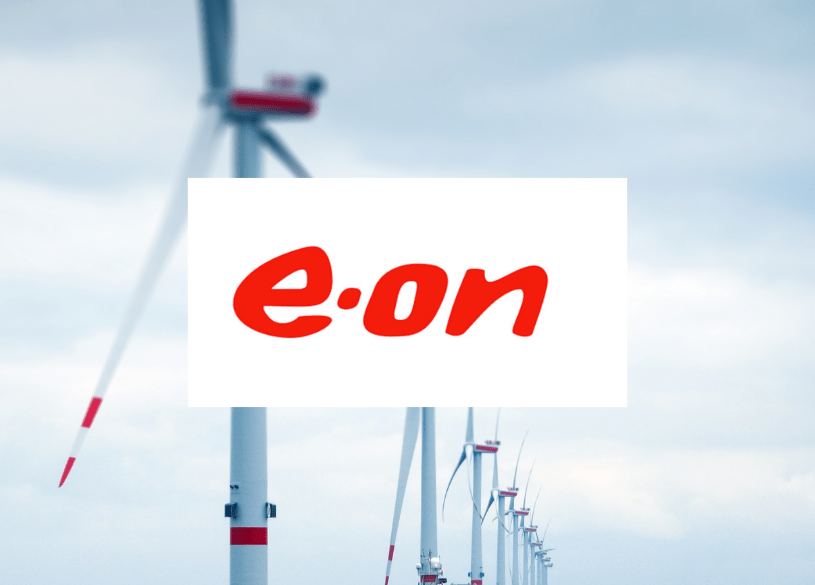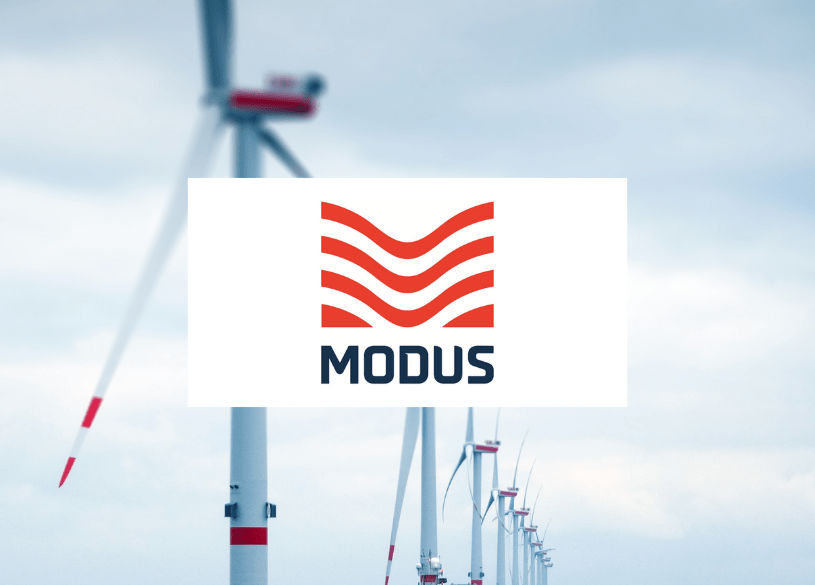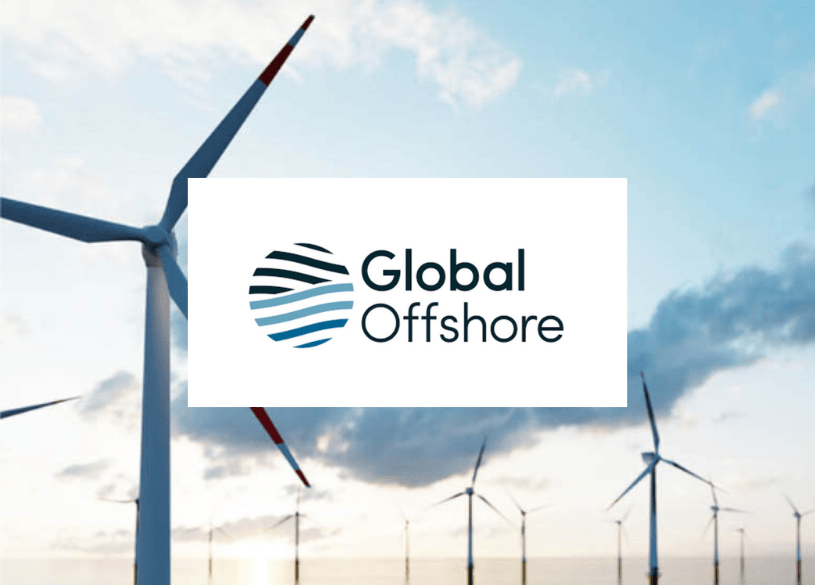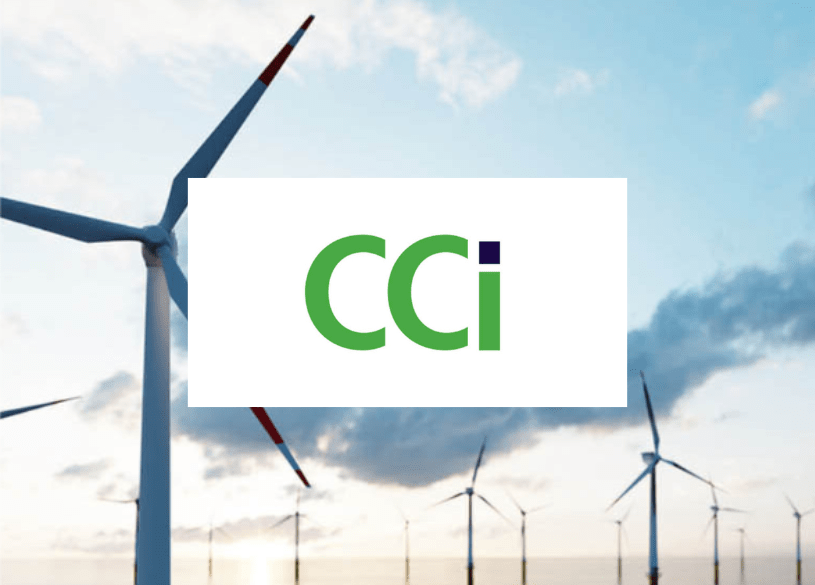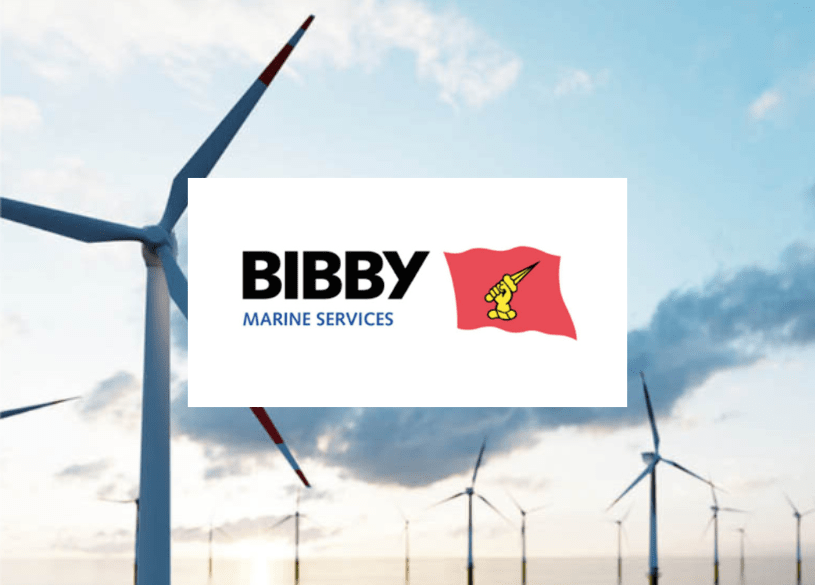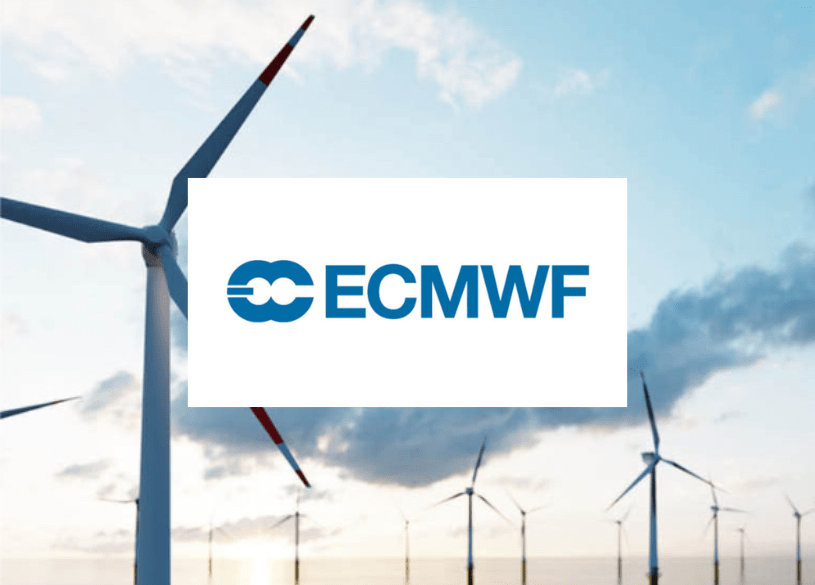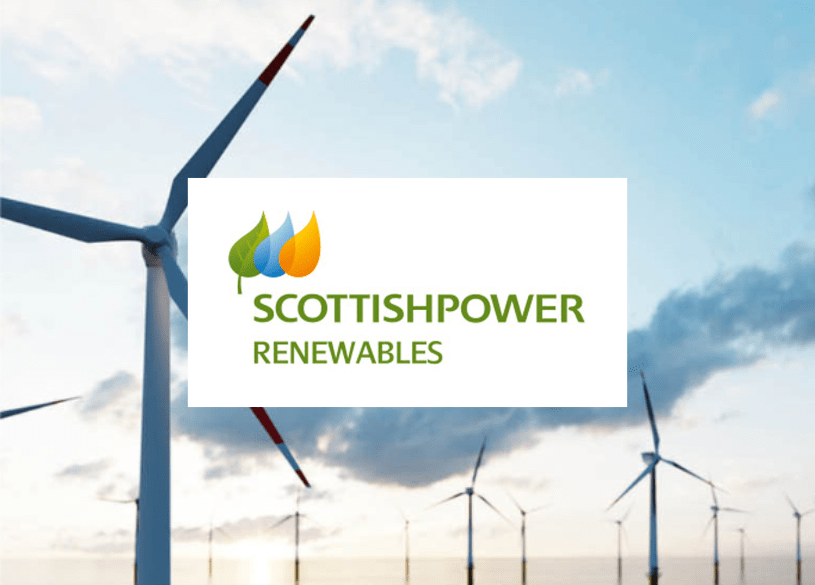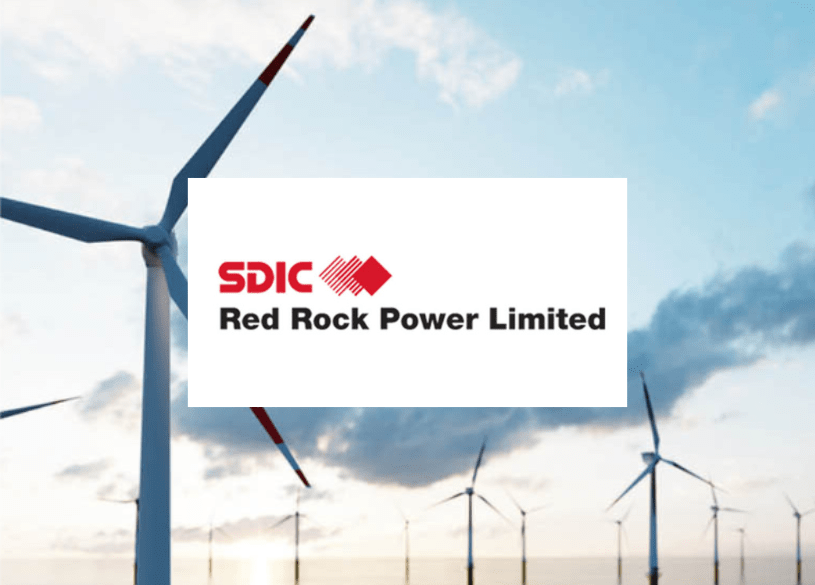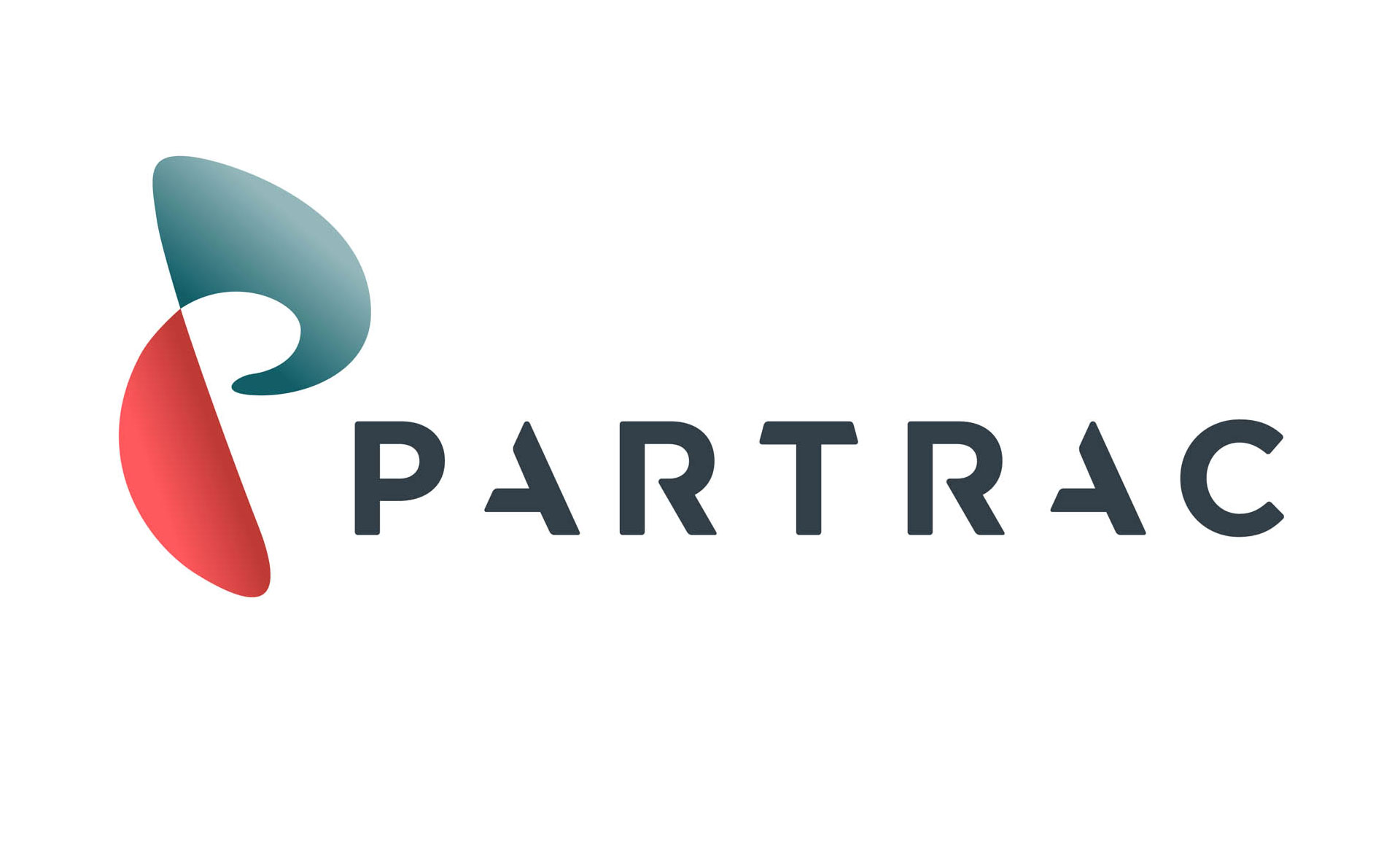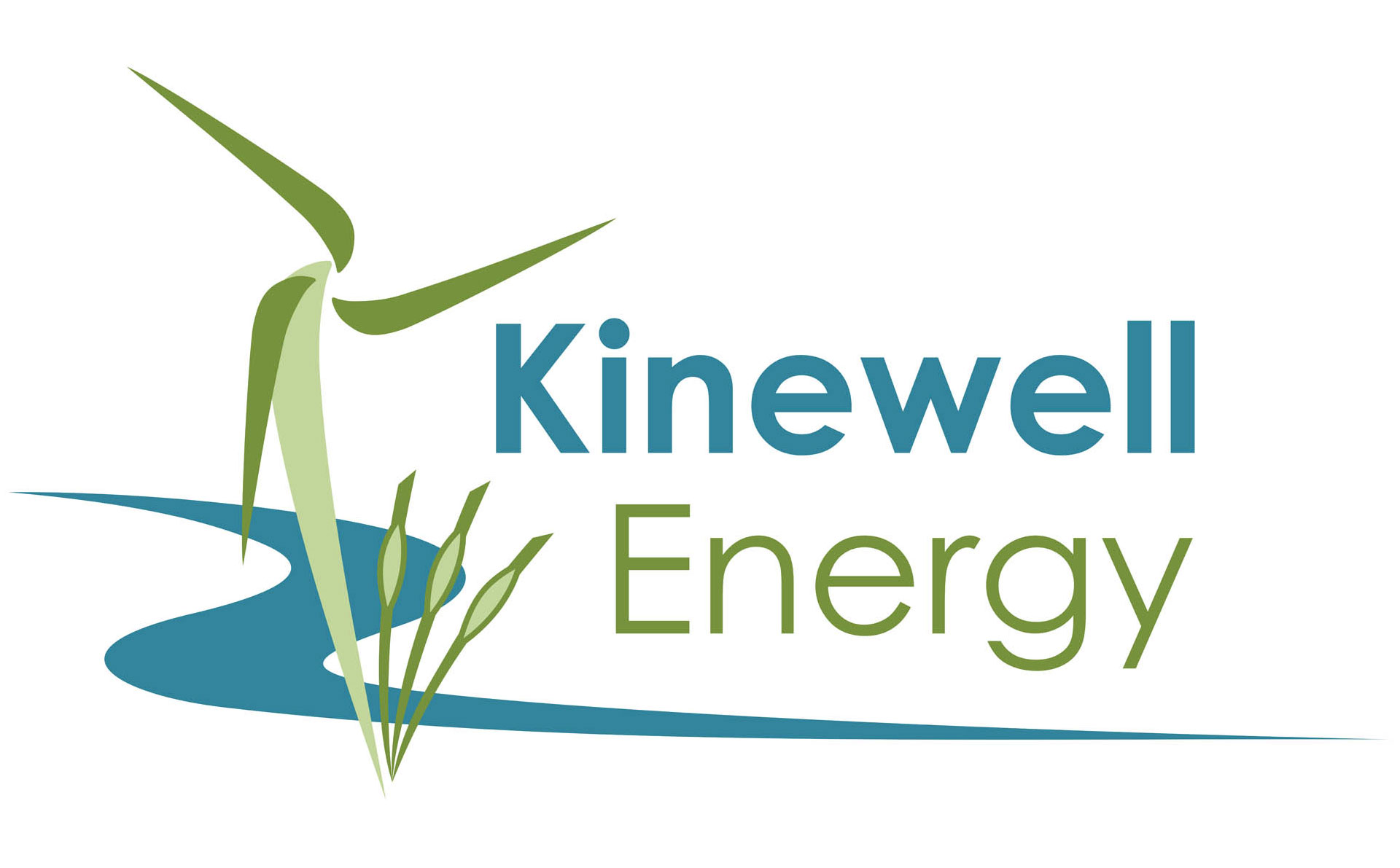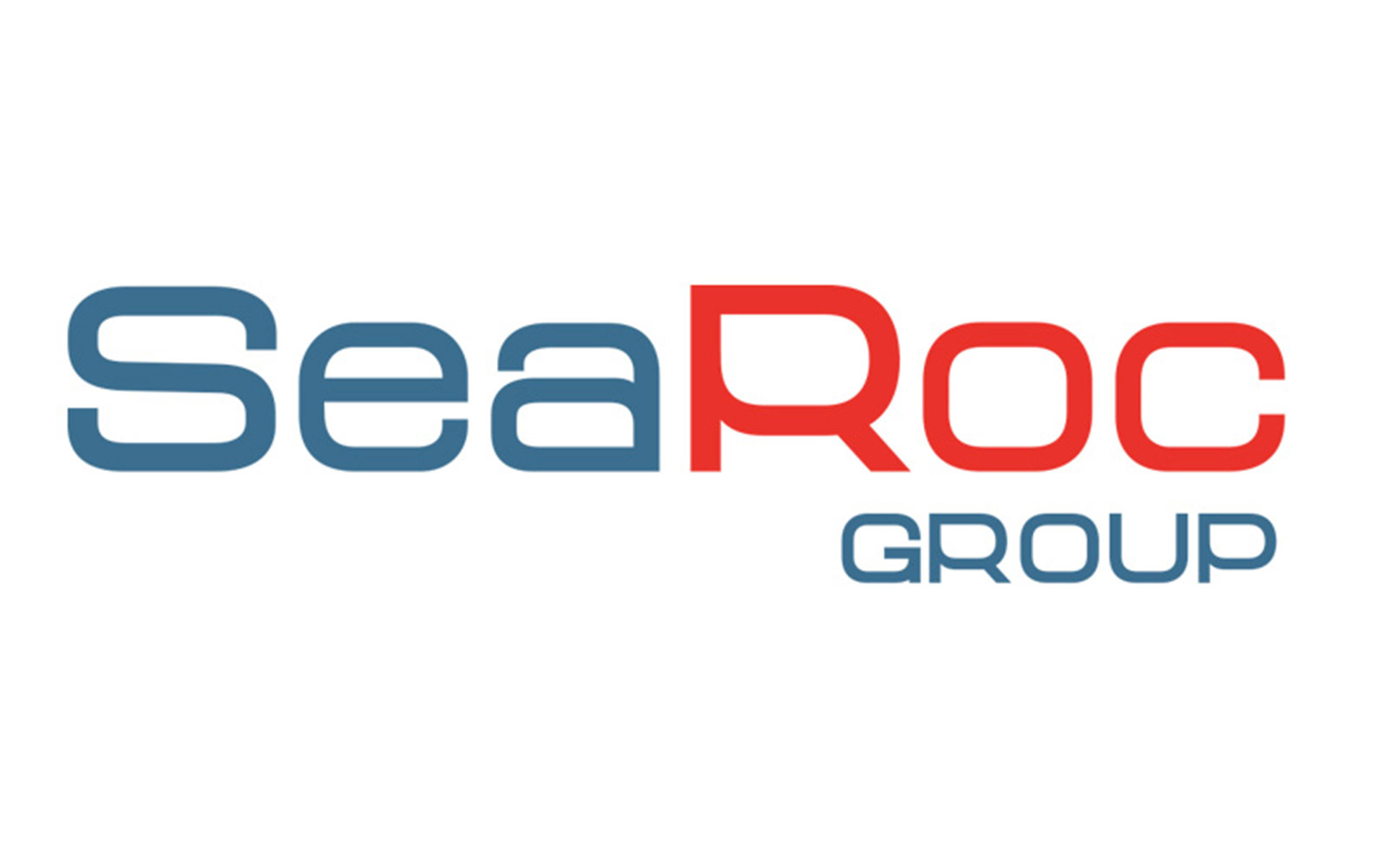
Helping to guide you through uncertain seas.
De-risking your offshore wind farm and maximising its performance.
ForeCoast® Marine is a strategic and operational planning software system for the offshore wind sector. It is used by project designers, developers, owners and operators to design, optimise and manage complex offshore wind projects.
Developed in-house by our team of industry experts, ForeCoast® Marine allows users to reduce risk, maximise performance and increase the profitability of offshore wind projects. From planning to installation, operation to decommissioning, ForeCoast® Marine guides you every step of the way.
Our solutions: Plan, optimise and manage your offshore wind farm
Design desk - Allows you to test and optimise designs and strategies throughout the lifetime of your offshore wind farm.
Control desk - Helps you to schedule and manage the day-to-day operations of your offshore wind project using advanced decision support software.
Web-based
Everything computes in the cloud, so you can access it on your PC or mobile device - from the office, the train, the quayside, or even a boat. Wherever you go, it comes with you.

